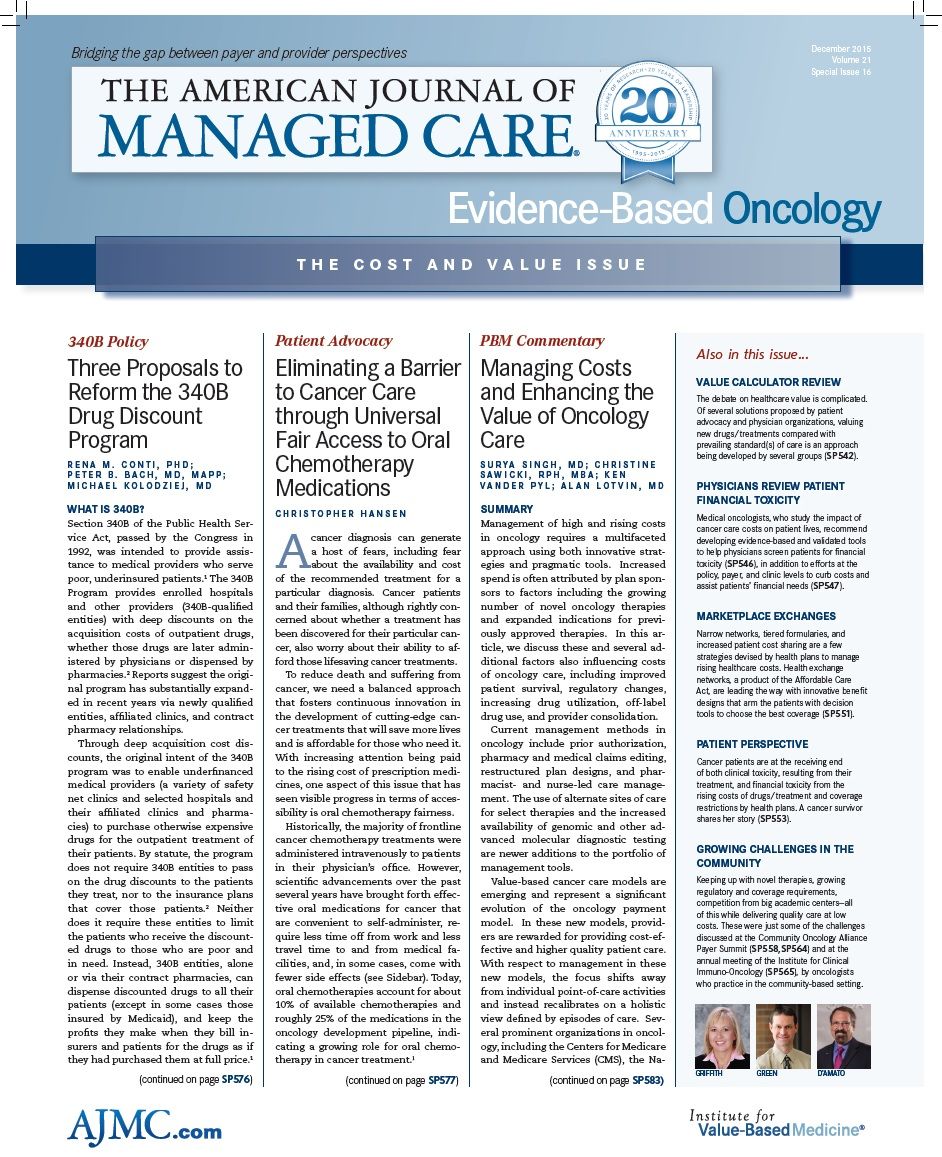- Center on Health Equity & Access
- Clinical
- Health Care Cost
- Health Care Delivery
- Insurance
- Policy
- Technology
- Value-Based Care
Impact of Oral Parity: A Personal Story
Oral chemotherapy ensured improved quality of life for a young, stage 3 pancreatic cancer patient.
Alexander (Xan) Harwood-Karlik was 29 years old when he was diagnosed with stage 3 pancreatic cancer in November 2014. Living in Portland, Oregon, and working as a recruiter for a higher education company, he started to feel abdominal pain that would intensify each afternoon and evening. Initially he was diagnosed with pancreatitis, but given Xan’s active lifestyle and healthy diet, a persistent primary care doctor was not satisfied with that diagnosis. Further tests revealed a walnut-sized tumor on his pancreas— devastating news to learn that he had been diagnosed with one of the most aggressive types of cancer at such a young age.
After a very difficult couple of weeks, his family and his oncologist were able to figure out a treatment plan that started with intravenous (IV) chemotherapy administered continuously through a pump for 4 treatments of 55 hours each, over 8 weeks. The pump came with many side effects, including pain at the port site, inability to exercise, stress over protecting the pump line, and anxiety over hearing the sound of the medicine dripping into his system every 45 minutes.
When it came time to discuss the next phase of his treatment plan that would involve over 5 weeks of a combination of chemotherapy and radiation, Xan’s oncologist and the director of the clinical trial he had enrolled in fought hard to make sure Xan could get the oral equivalent of his chemotherapy, because it would immensely improve his quality of life. Oregon was the first state to pass a law requiring insurers cover oral chemotherapy drugs just as they would IV chemotherapies, so Xan received no push back from his insurance company when his doctors prescribed him the oral chemotherapy medication. Although the oral chemotherapy had some traditional effects of chemotherapy—namely nausea and fatigue—the ability to take this medication orally meant “a major improvement in my ability to move around and conduct my daily life,” said Xan.
EBO
Following surgery in May 2015 that removed a significant portion of the tumor and other cancerous tissue in his abdomen, doctors saw no trace of cancer. In November, a scan showed cancer in Xan’s liver. Doctors are working to again balance an aggressive cancer treatment plan with as little interruption as possible in Xan’s daily routine.

Telehealth Intervention by Pharmacists Collaboratively Enhances Hypertension Management and Outcomes
January 7th 2026Patient interaction and enhanced support with clinical pharmacists significantly improved pass rates for a measure of controlling blood pressure compared with usual care.
Read More
Exploring Racial, Ethnic Disparities in Cancer Care Prior Authorization Decisions
October 24th 2024On this episode of Managed Care Cast, we're talking with the author of a study published in the October 2024 issue of The American Journal of Managed Care® that explored prior authorization decisions in cancer care by race and ethnicity for commercially insured patients.
Listen

